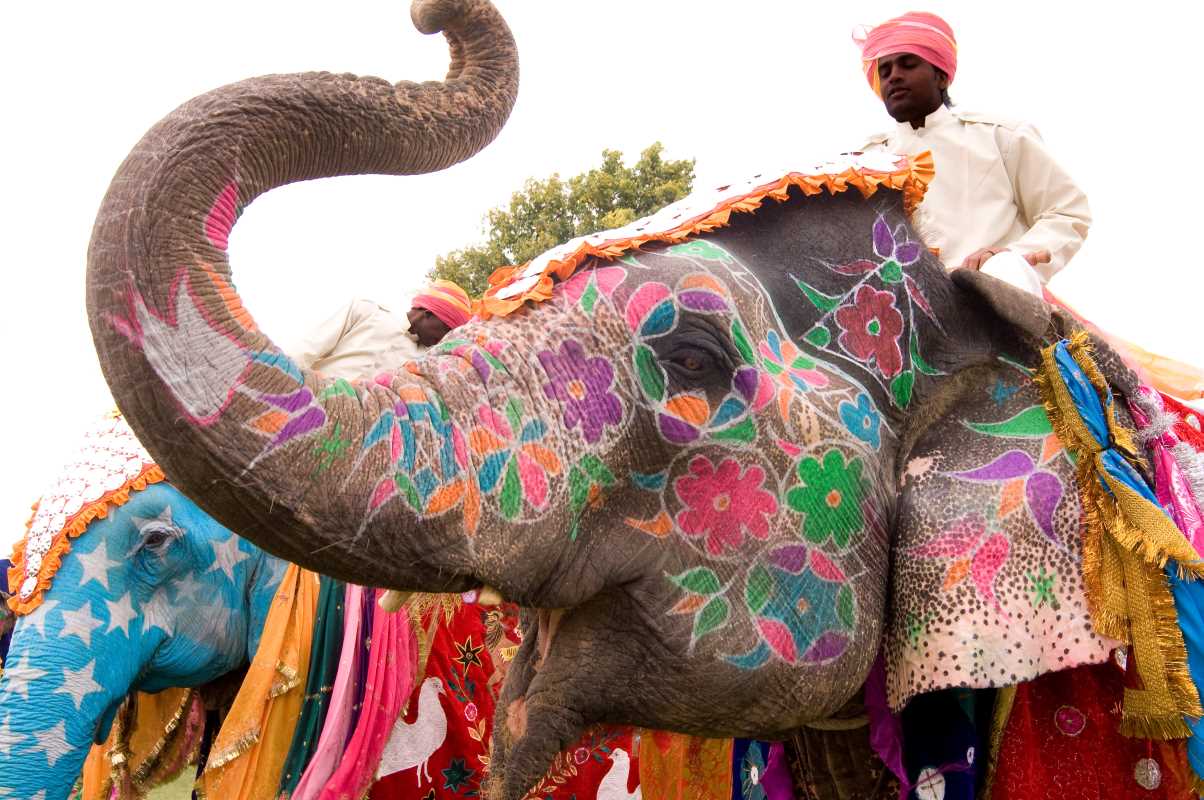Throughout the 20th and 21st centuries, literature has served as a mirror reflecting societal conflicts, taboos, and values. Some books, however, have gone beyond mere reflection and become lightning rods for controversy. Often, these books pushed boundaries, challenged norms, or offended sensibilities, igniting debates about morality, censorship, and the role of literature in society. Below, we explore several notable examples of such works, the uproar they caused, and the legacy they left behind.
The Catcher in the Rye by J.D. Salinger (1951)
J.D. Salinger's The Catcher in the Rye is widely regarded as a classic of American literature, but its release in 1951 was anything but smooth. The novel follows Holden Caulfield, a disillusioned teenager navigating the complexities of adulthood, identity, and alienation. While it resonated with many young readers, the book also struck a nerve with authority figures.
Salinger’s frank discussion of sexuality, his use of profanity, and Holden's critique of societal "phonies" faced heavy backlash. Schools banned the book for its perceived vulgarity, and some went as far as to accuse it of promoting immorality. Over time, however, The Catcher in the Rye became a touchstone for adolescent angst, with many critics praising its brutally honest depiction of teenage struggles. The controversy waned as its literary merits became undeniable, though it remains a frequent target of censorship debates.
Lolita by Vladimir Nabokov (1955)
When Vladimir Nabokov’s Lolita was published in 1955, it created a firestorm of moral outrage. The novel tells the unsettling story of Humbert Humbert, a middle-aged man obsessed with a 12-year-old girl, whom he nicknames "Lolita." Though brilliantly written in Nabokov's linguistic masterpiece style, the provocative subject matter led many to condemn it as obscene and morally reprehensible.
Initially rejected by publishers, Lolita was eventually published in Paris by the Olympia Press, known for specializing in erotica. Its release was met with bans in several countries, including France, England, and Argentina. Critics and the public alike were divided—some called it a work of genius for its intricate prose, while others saw it as exploitation thinly veiled as art.
Decades later, Lolita remains controversial but is now hailed for its literary brilliance and complex exploration of obsession, manipulation, and morality. However, its subject matter continues to provoke debates, particularly as societal conversations about sexual exploitation have evolved.
American Psycho by Bret Easton Ellis (1991)
Bret Easton Ellis’s American Psycho shocked readers upon its release in 1991 with its graphic depictions of violence, particularly against women. The novel tells the story of Patrick Bateman, a wealthy New York investment banker who leads a double life as a sadistic serial killer. Often described as satire, American Psycho critiques consumerism, greed, and moral decay in 1980s America, but these layers were overshadowed by its extremity and brutality.
Many critics and readers were appalled by the book’s content, with some publishers even refusing to release it. Women's rights groups decried the novel as misogynistic, and major bookstore chains in Australia refused to stock it. For years, the book’s reputation as a gratuitous and offensive work overshadowed its social critiques.
Despite the uproar, American Psycho gained a cult following over time, particularly after the release of the 2000 film adaptation, which softened some of the novel’s graphic elements. Today, while its violent content remains unsettling, the book is recognized for its sharp, blistering satire and remains a provocative, albeit divisive, cultural artifact.
The Da Vinci Code by Dan Brown (2003)
Dan Brown's The Da Vinci Code may not have the same literary standing as some of the other books on this list, but it achieved global fame—and infamy—at a level few works can claim. This 2003 novel weaves a fast-paced mystery involving secret societies, conspiracy theories, and a reinterpretation of Christian history, including a claim that Jesus Christ and Mary Magdalene were married and had descendants.
The response from religious institutions, particularly the Catholic Church, was swift and severe. Critics dismissed Brown's historical and theological claims as baseless, while religious leaders condemned the book for distorting Christian doctrine. Several groups called for the book to be banned, while others organized boycotts to protest its popularity.
Despite the backlash—or perhaps partly because of it—The Da Vinci Code became a commercial juggernaut, selling millions of copies worldwide and inspiring a successful film adaptation. While it remains divisive, its influence on pop culture and the way it sparked widespread discussions about religion and history cannot be denied.
To Kill a Mockingbird by Harper Lee (1960)
While widely celebrated today, Harper Lee’s To Kill a Mockingbird faced its own share of controversy upon release. Set in the Deep South during the Great Depression, the novel tackles racism, injustice, and moral integrity through the eyes of a young girl named Scout Finch. Many schools initially praised the book for its anti-racist themes and humanist messages, yet it frequently found itself on "banned books" lists.
Ironically, the controversy over To Kill a Mockingbird has come from both ends of the ideological spectrum. Some critics objected to its use of racial slurs, while others argued that its portrayal of black characters and its "white savior" narrative were problematic. More recently, debates have reignited about whether the book’s perspective is relevant in a modern conversation about race. Despite these discussions, Harper Lee’s novel remains a key text in American literature, resonating deeply across generations.
The Satanic Verses by Salman Rushdie (1988)
No list of controversial books would be complete without mentioning Salman Rushdie’s The Satanic Verses. This 1988 novel, inspired in part by the life of the Prophet Muhammad, was seen by many in the Muslim world as deeply blasphemous. Conservative Islamic leaders, most notably Iran’s Ayatollah Khomeini, issued a fatwa calling for Rushdie's assassination, forcing the author into hiding for years.
The novel’s exploration of faith, identity, and the intersection of religion with politics provoked passionate reactions. Protests erupted worldwide, bookstores were attacked, and the book was banned in several countries, including India, Pakistan, and South Africa. Critics questioned the balance between freedom of expression and respect for cultural sensitivities.
Despite the violence associated with The Satanic Verses, it also sparked vital conversations about free speech and the dangers of censorship. Today, the book is a symbol of artistic courage and perseverance, even as it remains a contentious work.
Fifty Shades of Grey by E.L. James (2011)
While E.L. James's Fifty Shades of Grey may not have generated controversy for its literary depth, its explicit content and themes of BDSM shocked readers and critics alike upon its release in 2011. Marketed as erotic romance, the book was dismissed by many as "mommy porn" and criticized for its portrayal of relationships, particularly the depiction of consent and power dynamics.
Religious and conservative groups called for the book to be removed from store shelves, citing its graphic nature. Feminist critics also debated whether Fifty Shades empowered women’s expression or promoted problematic depictions of intimacy.
Despite the uproar, Fifty Shades of Grey became a bestseller and spawned a lucrative trilogy and film series. While the backlash has softened in recent years, the book continues to be a polarizing topic in conversations about sexuality in popular culture.
Literature can both comfort and provoke, reflecting our deepest values and our darkest fears. Books like The Catcher in the Rye, Lolita, American Psycho, and The Da Vinci Code have challenged readers to confront difficult themes, often sparking outrage in the process. Over time, such works have also become landmarks in cultural history, provoking discussions about censorship, morality, and the power of storytelling.
While controversy can often seem like a barrier, it also serves as a reminder that books have the power to ignite change, challenge norms, and shape society’s evolving conversations. The legacy of these controversial works underscores why literature remains a vital part of the human experience.







